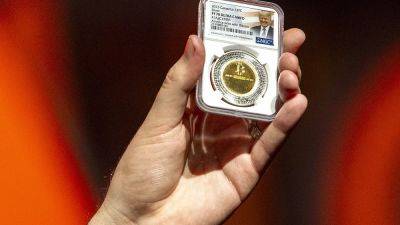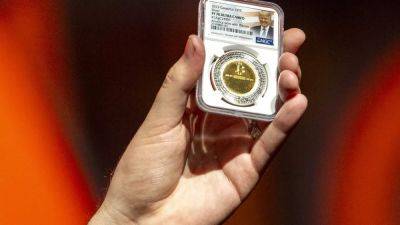Cashing in on the bitcoin rally? Don’t forget your advance tax and reporting obligations
Bitcoin is in the news again, and its meteoric rise has set Indian traders abuzz, pushing the cryptocurrency to a record-breaking $89,828—up a remarkable 112% this year. But while profits soar, so does the tax burden for investors.
In 2022, the Indian government introduced a flat 30% income tax on gains from cryptocurrencies and Non-Fungible Tokens (NFTs). Investors riding the current rally should be aware of their advance tax and reporting obligations to avoid penalties under the Income Tax (IT) Act. With a 1% TDS deducted on sales of these virtual digital assets (VDAs), transactions appear on Form 26AS, making unreported crypto income a potential tax pitfall.
Read this | Mint Primer Two to tango: The return of Bitcoins Trump
Mint brings a streamlined guide to crypto taxation, covering everything from exchange-specific rules to ITR reporting requirements.
The tax rate and reporting requirements for cryptocurrencies are identical whether transactions occur on Indian or international exchanges. “This tax applies uniformly to gains from both types of exchanges, with no deductions permitted beyond the cost of acquisition," says Neeraj Agarwala, partner, Nangia & Co LLP.
However, transactions on international exchanges may require additional disclosures under the Foreign Exchange Management Act (FEMA) and must be reported as foreign assets in your tax filings if applicable. Additionally, the 1% TDS deducted on Indian exchanges may not apply to transactions on international platforms.
No, wallet-to-wallet transfers are not taxable. Tax liability on cryptocurrencies arises only upon sale or transfer to another owner, said Agarwala. “Moreover, wallet-to-wallet transfers will not alter your cost of acquisition or holding period
Read more on livemint.com






















